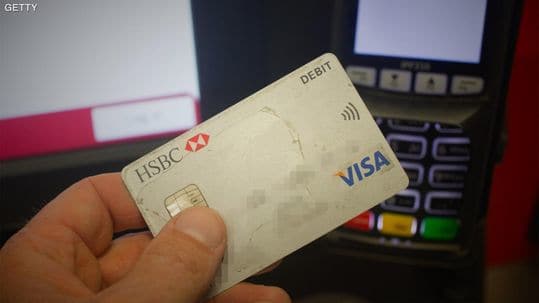What to know if you choose credit when using a debit card

USA Today Network Sean Rossman, USA TODAY Network Published 1:56 p.m. ET Nov. 2, 2016 | Updated 6:41 p.m. ET Nov. 2, 2016
There are some small but important differences when it comes to running your debit card as credit versus debit at the checkout line. USA TODAY

It may take a day or two for a transaction to appear on your account if you choose credit while using a debit card.(Photo: Visa)
You’ve gathered your groceries. The cashier scanned your items. Now it’s time to pay.
You swipe your debit card and you’re given the option of credit or debit. What’s the difference?
Credit experts say not much. The selection affects more how the transaction is processed, rather than what happens in a person’s account. But, consumers should be aware of a few issues when choosing credit while using a debit card.
Selecting debit and typing in your PIN means the transaction is reflected on your account immediately and the money is withdrawn, said Claire Tak, head of content for personal finance website CreditSesame.com.
If you select credit it requires a signature and the transaction is processed by the credit card company. Choosing credit, however, could take days to show up on your account because it will be processed offline, said Bethy Hardeman, Chief Consumer Advocate at Credit Karma.
Tak said the immediate withdrawal of funds could cause some people with low balances to overdraw their accounts. If credit is selected, the same person may have time to make sure the balance is large enough for the purchase. A credit selection, Hardeman added, could result in fees for the merchant or the purchaser.
Depending on your bank, running your card as credit may come with additional protections against fraud[1].
In both cases, Hardeman said, it’s best to check with your bank.
Follow @seanrossman[2] on Twitter
Read or Share this story: http://usat.ly/2eVkPM1
References
- ^ protections against fraud (rssfeeds.usatoday.com)
- ^ @seanrossman (twitter.com)









